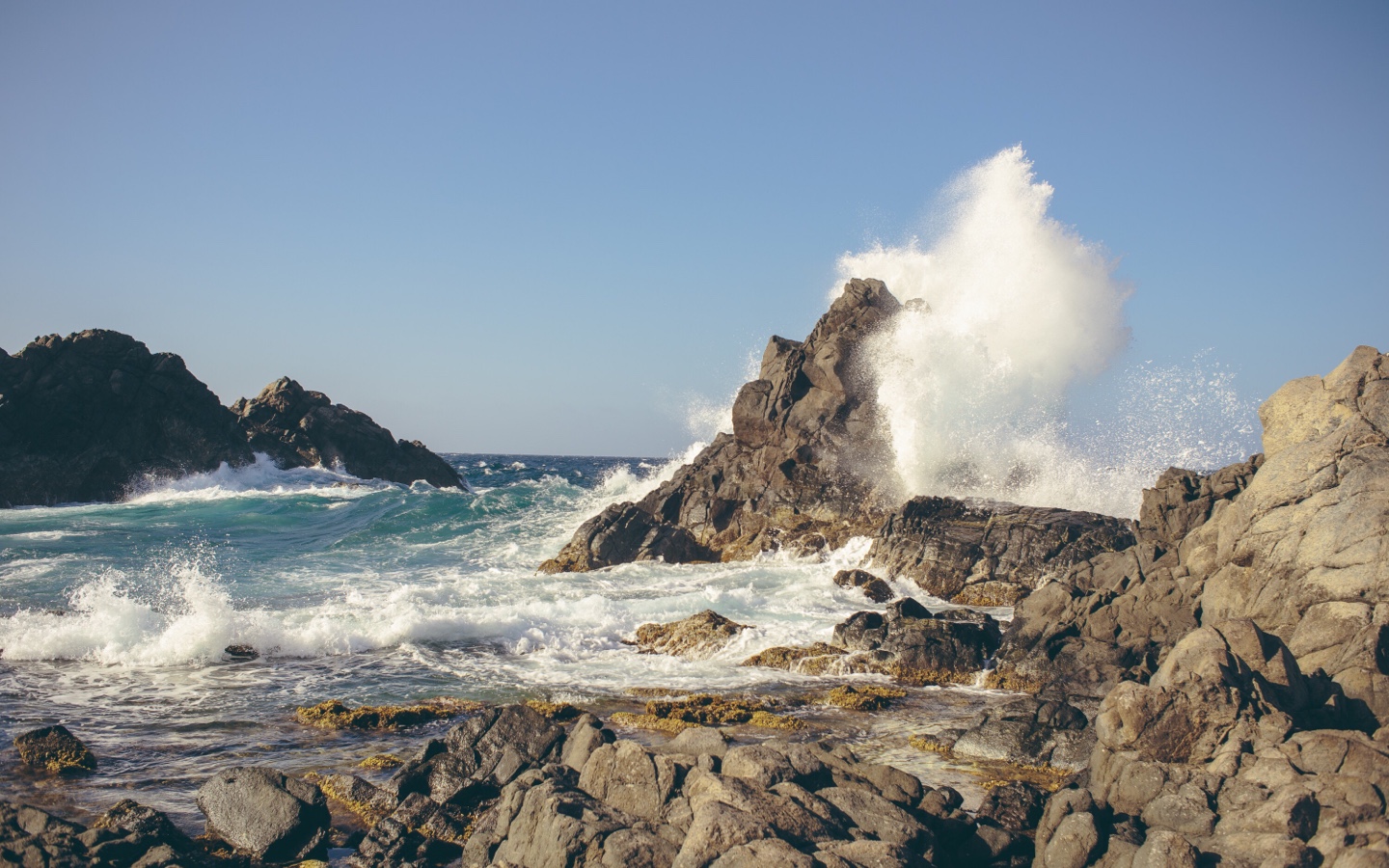We can all be climate activists. We all need to be climate activists. Here are five steps to get started.
You don’t need to be Greta Thunberg, Vanessa Nakate, or Bill McKibben to be a climate activist. A climate activist, put simply, is someone who fights climate change. We can all be climate activists. In fact, we all need to be climate activists. And that doesn’t mean you need to quit your job, sell your possessions, and become a social media personality with a TED Talk and worldwide speaking tour. You can be a climate activist right in your own community. Here’s where to start.
Advocacy starts with knowledge. Make yourself the smartest person in the room when it comes to climate — but be careful what you read. Who has the most to lose from the transition to clean energy that climate change requires of us? The fossil fuel industry, of course. Follow the money, and it will lead you to all kinds of propaganda paid for by groups that represent oil and gas. For example, a popular (and dubiously titled) book the Moral Case For Fossil Fuels, was written by Alex Epstein, who is backed by the Koch Brothers, the billionaires who made their money from fossil fuels. So be intentional about what you choose to read.
For deeply reported long-form journalism, seek out bylines from David Wallace-Wells at New York Magazine and Elizabeth Kolbert at The New Yorker. Emily Atkin and Bill McKibben have wonderful, easy-to-digest, newsletters. Grist, Mother Jones, and Inside Climate are all great follows. And the Guardian has a robust climate department that leads the way on original reporting. More of a podcast person? Check out “A Little Green,” an eight-part podcast we created that explores our relationship with the environment and how we can each become climate leaders in our own communities.

Read more: Keeping Up With Climate Change — seven sources to keep up with the world’s most important story.
Don’t worry. You don’t need to be an ascete here. You are not expected to renounce your material life and become a hermit. Yes, installing solar panels, heat pumps, going vegetarian, flying less, and driving electric vehicles can make a difference, especially when friends and neighbors follow your lead. But it’s essential to keep in mind that we don’t all have the privilege to do those things, and it’s systems that we need to change in addition to individual habits. After all, the concept of a sustainable carbon footprint is a complete myth. MIT completed a study that showed that a homeless person living in a shelter and eating at a soup kitchen every day still indirectly emitted 8.5 tons of carbon dioxide each year. And since 1988, 100 companies have produced 71 percent of all global emissions.
So while your personal habits and buying power definitely matter, what’s most essential is that we advocate and vote for the legislative overhauls required to make progress on fighting climate change.
This one is incredibly easy. Just dial 202-318-1885 and the nonprofit Call 4 Climate will dispatch you to your local legislators. Not sure what to say? They have a script ready for you if you need it. Does calling your congressional leaders — even if they’re in a blue state, matter? Yes. Aides keep track of the number of calls they receive and topics that come up and this informs the issues your elected leaders focus on. Just remember: they work for you. It’s their job to represent your interests.

Read more: Your Vote Is Essential
It’s a profoundly important step to simply talk about climate change. By keeping it top of mind and having conversations with our loved ones about it, we’re acknowledging the seriousness and importance of this problem that we know is going to define so much of our lives. It can be helpful to process this with friends and family, too, and the conversations can help inspire action among your community. At work, maybe there’s a way your company can do more on climate. Those initiatives are often led by individual efforts. Who better than you?
Using Patagonia Action Works, skills are matched with organizations in need. Say you’re a graphic artist with a little free time — you can help a nonprofit that needs help designing posters for an event. You can also find local organizations whose values align with yours. Often, they’re the ones doing climate work in your community. Don’t have time but have a little money? Only three percent of philanthropic giving goes to environmental causes — find a cause worth fighting for and put your money where your mouth is. Limited time and money? You can always sign petitions or attend local events — 350.org is a great resource to keep you abreast of where you’re needed.

Read more: The 2021 Climate Change Wins Keeping Us Optimistic
What are you doing to fight climate change? Let us know by tagging us @avocadogreenbrands on Instagram or Facebook.

Shop Pillows
The Essential Organic Pillow Collection
Gentle, breathable, non-toxic support.




